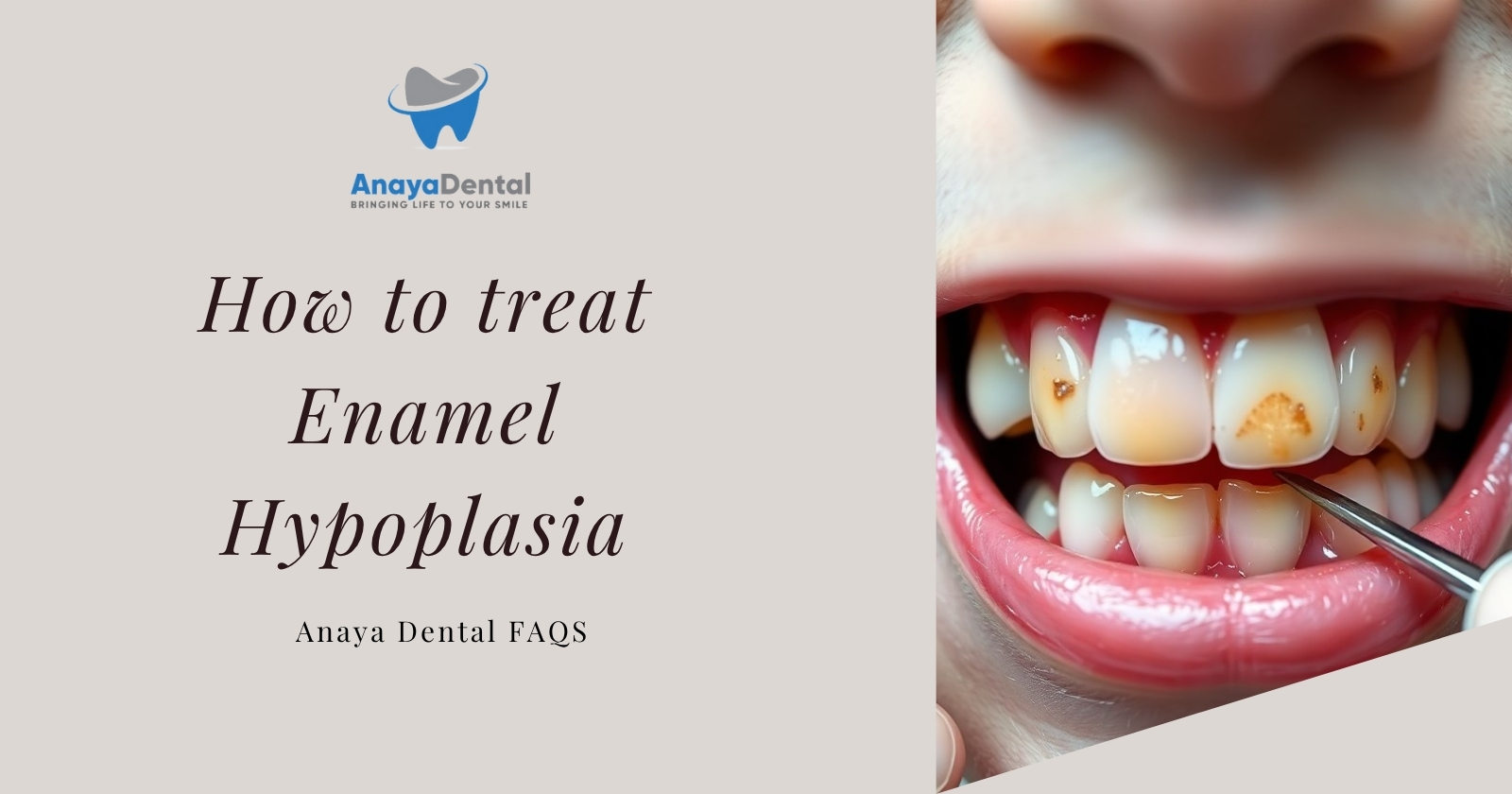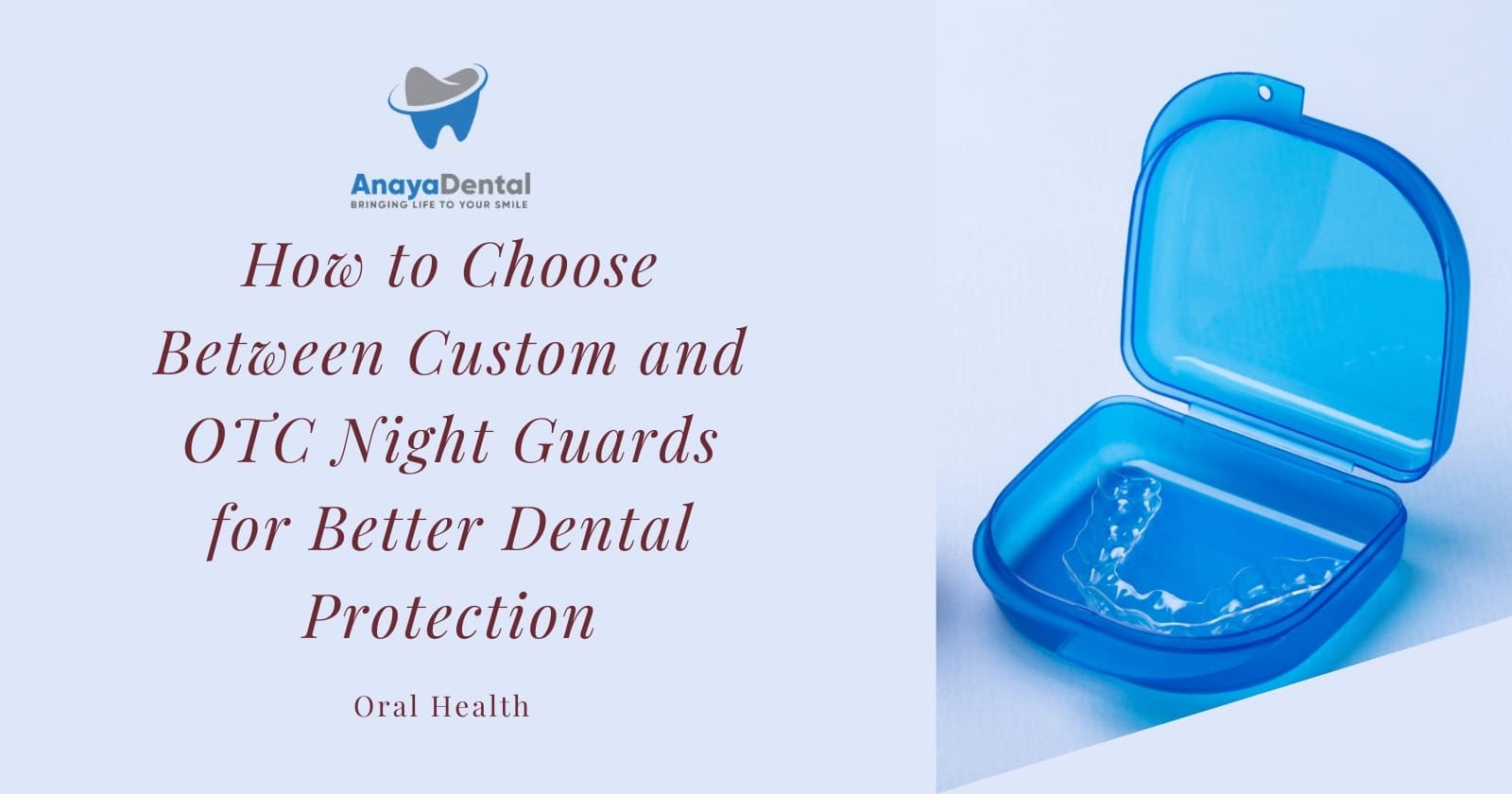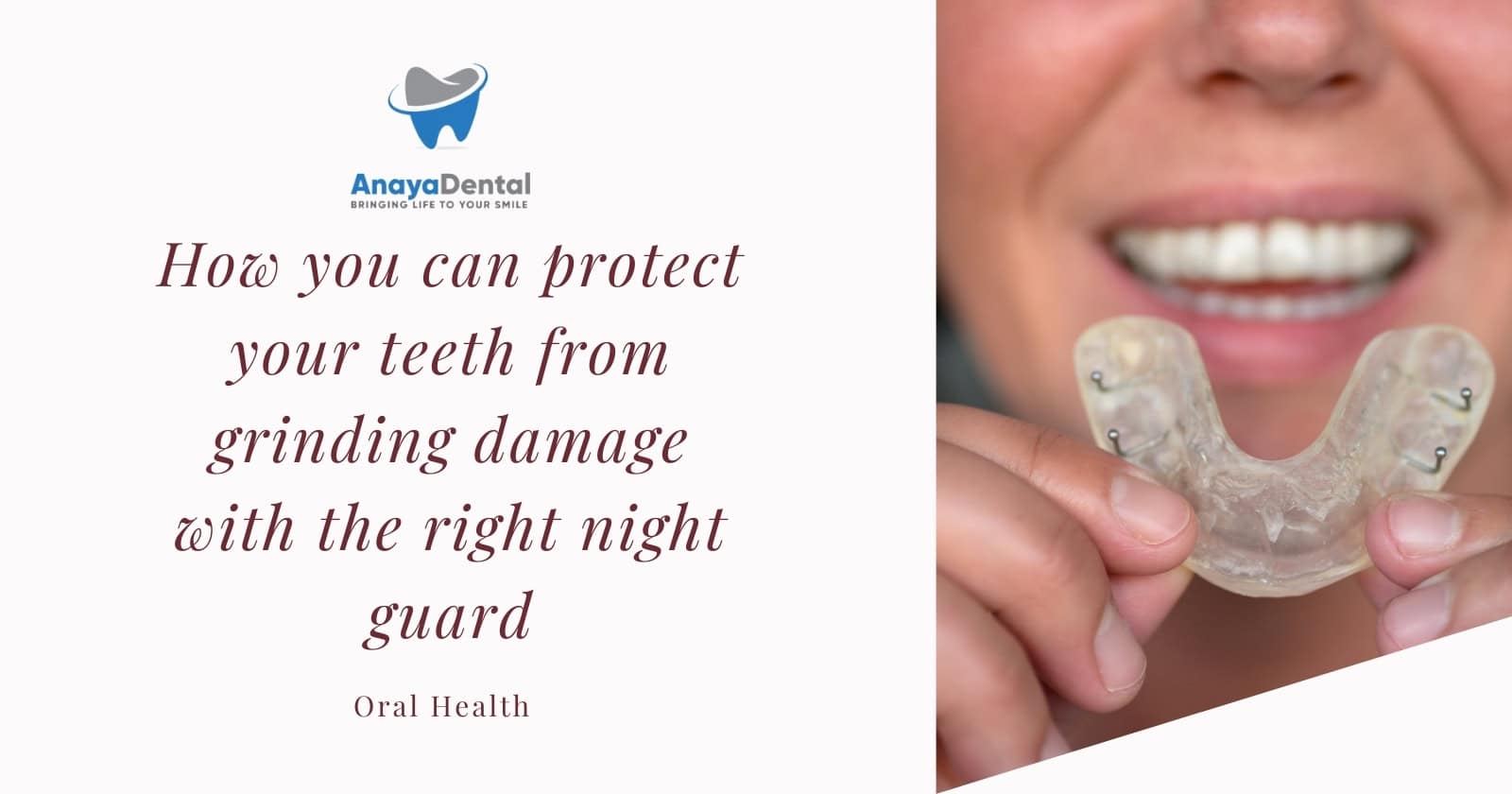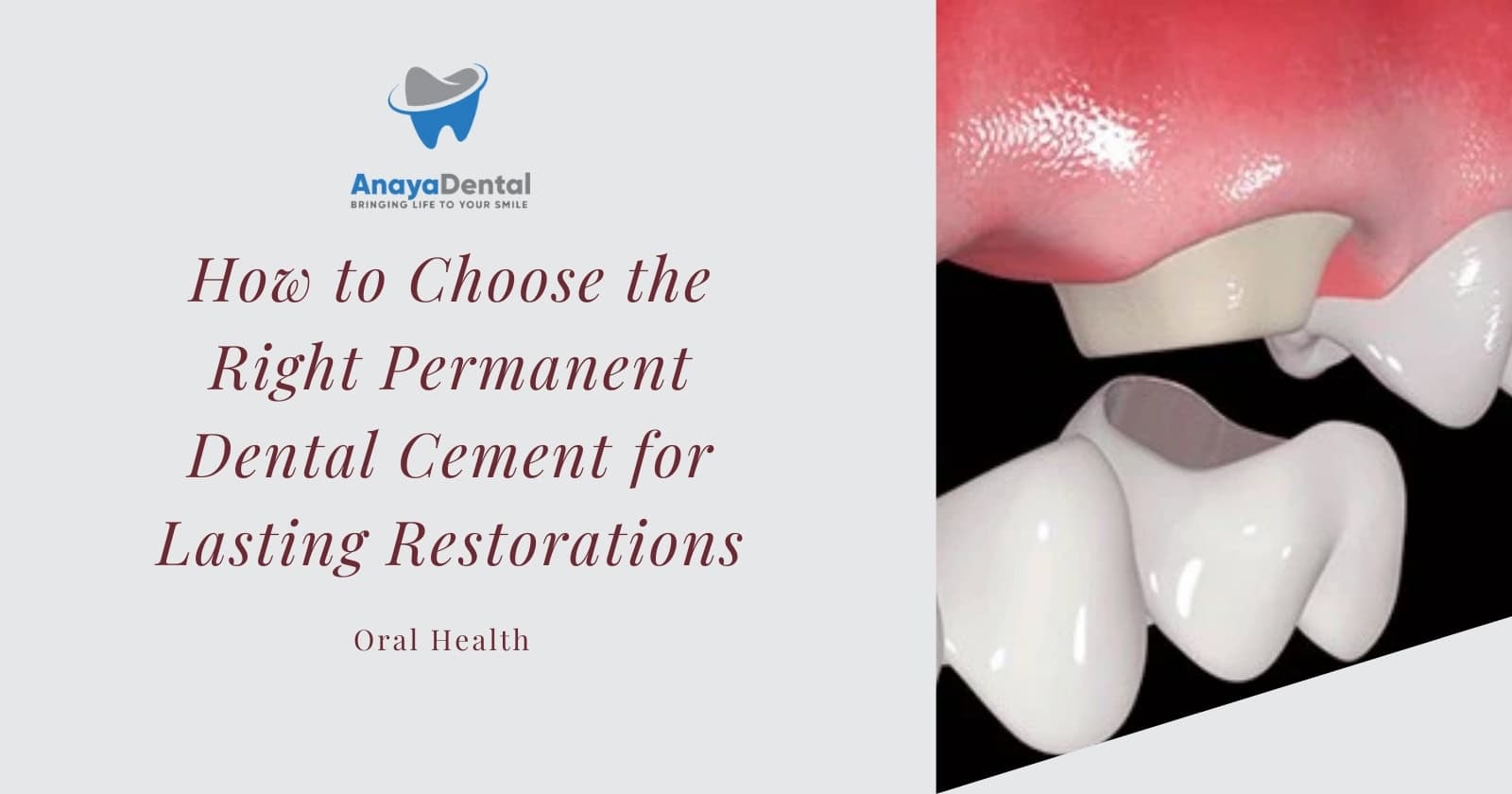As we age, our smiles carry the wisdom of a lifetime—years of laughter, cherished moments, and shared stories. But for many seniors, a common struggle dims the joy of eating and drinking: tooth sensitivity. That sharp, unexpected pain when sipping a hot cup of coffee or enjoying a refreshing cold treat can be frustrating and unsettling.
Tooth sensitivity is often caused by thinning enamel, gum recession, or exposed nerve endings—common issues as we get older. While seeing a dentist is always recommended for persistent sensitivity, there are several home remedies that can provide quick relief and help protect your teeth in the long run.
In this guide, we’ll explore 10 easy, natural remedies to soothe tooth sensitivity and keep your gums healthy. These time-tested solutions are safe, effective, and simple enough to incorporate into your daily routine. Let’s bring back the comfort in your smile!
Try Our Dental Calculators
1. Salt Water Rinse
The use of a salt water rinse can provide quick relief from tooth sensitivity due to its natural antibacterial properties and ability to soothe inflamed gums. By mixing salt with warm water, you create a solution that helps to cleanse your mouth and reduce discomfort associated with sensitivity, all while promoting a healthier oral environment.
Mix salt with water
You’ll want to start by mixing a teaspoon of salt into a cup of warm water. Stir the solution until the salt is completely dissolved, ensuring an even distribution of salt in the water. This creates an effective rinse that can help alleviate symptoms of tooth sensitivity.
Swish and spit
With the salt water solution ready, take a mouthful and swish it around your mouth for about 30 seconds. Then, gently spit it out, being careful not to swallow any of the rinse. This process helps eliminate harmful bacteria and can reduce inflammation in your gums, which is often a contributing factor to tooth sensitivity.
Any leftover salt water rinse can be disposed of, but it’s important to repeat this process several times a week for optimal results. By incorporating this simple remedy into your routine, you’ll potentially reduce the frequency and intensity of tooth sensitivity episodes. Additionally, the salt water rinse can help in maintaining overall oral hygiene, making it a beneficial practice for your dental health.
2. Clove Oil Application
Assuming you’re looking for a natural remedy for tooth sensitivity, clove oil can be an effective option. Known for its analgesic and anti-inflammatory properties, clove oil is a time-tested solution. When applied to affected areas, it may help numb the pain and alleviate discomfort from sensitivity, allowing you to enjoy your meals without hesitation.
Apply directly on gums
Apply a few drops of clove oil directly onto your gums where you feel sensitivity. The oil’s natural compounds work to soothe irritation and promote healing.
Use cotton ball
Ball some of the clove oil onto a cotton ball and gently press it against the sensitive area in your mouth.
It is important to let the cotton ball sit for about 15-20 minutes, allowing the clove oil to penetrate the gum tissue and provide relief from the discomfort. You can repeat this process a couple of times a day until you notice an improvement in your sensitivity. Just be cautious not to exceed the recommended amount, as clove oil is potent and could cause irritation if used excessively.
3. Coconut Oil Pulling
Some people find that coconut oil pulling helps alleviate tooth sensitivity. This ancient practice involves swishing oil in your mouth to draw out toxins and combat oral issues. It may be beneficial in reducing sensitivity and promoting overall dental health.
Swish for 10-15 minutes
Pulling the oil in your mouth for 10-15 minutes can maximize its benefits. Aim to keep the oil moving between your teeth and around your gums, allowing it to interact with the soft tissues and help remove bacteria. This time frame allows the oil to mingle effectively with your saliva, enhancing its cleansing properties.
Spit and rinse
If you finish swishing the oil, it’s important to spit it out properly. You should avoid swallowing the oil, as it contains toxins and bacteria that were pulled from your mouth. Rinse your mouth thoroughly with warm water to remove any remnants of the oil.
You can follow up by brushing your teeth gently after oil pulling, ensuring a clean environment for your gums and enamel. This routine contributes to the overall health of your teeth and can further reduce sensitivity over time.
4. Hydrogen Peroxide Solution
Despite the discomfort that tooth sensitivity brings, using a hydrogen peroxide solution can provide relief. This common household item acts as a natural disinfectant, promoting oral health by fighting bacteria and reducing inflammation. Diluting hydrogen peroxide creates a gentle yet effective rinse that can help soothe sensitive teeth and gums.
Dilute Hydrogen Peroxide
Hydrogen peroxide can be used safely when diluted properly. Mix equal parts of 3% hydrogen peroxide with water to create a mild solution. This reduction in concentration ensures that you get the benefits without causing any irritation to your sensitive teeth.
Rinse and Spit Out
An effective method to use this diluted solution is to swish it around in your mouth for about 30 seconds before rinsing and spitting it out. This process helps cleanse your mouth and reduces the sensitivity experienced from hot or cold foods.
For instance, after gently swishing the solution, you should feel a refreshing sensation that indicates your teeth and gums are getting relief. Following up with a water rinse removes any lingering hydrogen peroxide, ensuring your mouth feels clean and free of irritation. Incorporating this simple rinse into your oral care routine can lead to noticeable improvements in your sensitivity over time.
5. Green Tea
Unlike many caffeinated beverages, green tea is rich in antioxidants and possesses anti-inflammatory properties that can help soothe tooth sensitivity. Regularly incorporating green tea into your daily routine may provide relief thanks to its natural compounds that can strengthen your teeth and reduce inflammation, making it an excellent home remedy for managing discomfort.
Brew and cool it
To prepare your green tea, simply brew a cup and allow it to cool to a comfortable temperature. This process not only enhances the flavor but also ensures that the tea isn’t too hot, which could further irritate sensitive teeth.
Sip or swish around
You’ll find that sipping or swishing green tea around your mouth can significantly alleviate sensitivity. The warm liquid gently coats your teeth, allowing the antioxidants to work on the enamel while providing a soothing effect.
Green tea’s gentle properties make it an ideal choice for those experiencing tooth sensitivity. By sipping or swishing it around your mouth, you allow its beneficial components to target sensitive areas, reducing inflammation and discomfort. The act of swishing also stimulates saliva production, which contributes to the natural remineralization of your teeth, further lessening sensitivity. Enjoying green tea as part of your routine can be both a delicious and therapeutic way to support your oral health.
6. Peppermint Tea Bag
To relieve tooth sensitivity, you can utilize a peppermint tea bag. Peppermint has natural analgesic and anti-inflammatory properties that can help soothe discomfort.
Steep and Cool Bag
Now, start by steeping a peppermint tea bag in hot water for about 5 to 7 minutes. After steeping, allow the bag to cool until it is warm but not hot. This will ensure that it soothes your teeth effectively and minimizes any risk of discomfort from high temperatures.
Apply on Affected Area
While the peppermint tea bag is still warm, you can apply it directly to the area where you experience sensitivity. Let it sit against your tooth for about 15 to 20 minutes to maximize the soothing effect on your nerves and dentin.
Peppermint not only offers relief from sensitivity but also leaves your mouth feeling fresh. The tea bag serves as a gentle compress, allowing the natural oils from peppermint to interact with the affected tooth. This method is simple yet effective, providing a cooling sensation and reducing any inflammation or discomfort you’re experiencing. You can repeat this a few times a day for optimal relief.
7. Honey Application
For those seeking a natural remedy for tooth sensitivity, honey can be incredibly effective due to its antibacterial and anti-inflammatory properties. Not only does it soothe irritated gums, but it also helps to strengthen enamel, providing you relief from sensitivity. Regular application can result in noticeable improvements, making it an excellent addition to your oral care routine.
Apply Pure Honey Directly
Now, you can start by applying pure honey directly to the affected tooth or gums using a clean finger or cotton swab. The natural enzymes in honey can help reduce inflammation and provide immediate soothing relief from discomfort.
Leave for 15 Minutes
There’s a tremendous benefit in allowing the honey to sit for an adequate amount of time to penetrate the affected area fully. This helps in maximizing its healing properties and gives your gums the opportunity to absorb the beneficial compounds.
Minutes spent allowing honey to rest on your sensitive tooth can elevate the effectiveness of this remedy. After the 15-minute mark, simply rinse your mouth with warm water. You should notice a reduction in sensitivity as the honey’s natural sugars promote healing and fortify your teeth. Regular application of this method can bring long-lasting relief and support better dental health overall.
8. Aloe Vera Gel
Your dental health can benefit from the soothing properties of aloe vera gel. This natural remedy is known for its anti-inflammatory and analgesic effects, making it an excellent choice for alleviating tooth sensitivity. By applying aloe vera gel, you can help reduce pain and promote healing in sensitive gum areas, providing you with much-needed relief.
Apply on sensitive areas
There’s an easy method to apply aloe vera gel directly onto the areas of sensitivity in your mouth. Take a small amount of the gel and gently massage it into the affected gums or teeth. This helps to coat the sensitive nerves, offering instant comfort while also facilitating the healing process.
Rinse after 20 minutes
For optimal results, you should rinse your mouth after allowing the aloe vera gel to sit for about 20 minutes. This ensures that the gel has enough time to penetrate the sensitive areas and deliver its therapeutic benefits while avoiding any potential residue that could linger in your mouth.
Any remaining aloe vera gel should be rinsed away with lukewarm water, which not only helps cleanse your mouth but also enhances the soothing effects on your sensitivity. Rinsing after this time frame allows for maximum absorption of the natural compounds within the gel, making it an effective part of your home remedy toolkit for managing tooth sensitivity.
9. Desensitizing Toothpaste
Many people suffering from tooth sensitivity find relief by using desensitizing toothpaste. These specialized toothpastes contain compounds that help block pain signals from the tooth surface to the nerve. Typically, they feature ingredients like potassium nitrate or strontium acetate to reduce sensitivity effectively. By incorporating desensitizing toothpaste into your daily dental routine, you can help manage and minimize discomfort associated with sensitive teeth.
Use regularly for relief
Relief from tooth sensitivity can often be achieved by using desensitizing toothpaste regularly. For optimal results, apply it at least twice daily as part of your oral hygiene routine. Over time, you should notice a significant reduction in sensitivity, allowing you to enjoy your favorite foods and beverages without pain.
Follow brushing routine
With a consistent brushing routine, you enhance the benefits of your desensitizing toothpaste. This means brushing for two minutes, twice daily, with a soft-bristled toothbrush. Avoid using excessive force while brushing, as this can further irritate sensitive teeth. Prioritize gentle, circular motions to effectively clean your teeth while minimizing discomfort.
You can also benefit by allowing the toothpaste to sit on your teeth for a minute before rinsing, enhancing its effectiveness. Following this routine diligently will not only help with sensitivity but also contribute to overall oral health. It’s important to keep in mind that establishing a proper brushing technique alongside using desensitizing toothpaste will yield the best results in relieving discomfort.
Protecting Your Smile for Years to Come
Tooth sensitivity can be frustrating, but these simple home remedies can provide quick, natural relief. By also taking care of your gums, you create a strong foundation for lifelong oral health. A combination of proper hygiene, a balanced diet, and regular dental visits can help you maintain a pain-free, confident smile.
If sensitivity persists or worsens, don’t ignore it—consult your dentist for professional advice. Your smile deserves care, no matter your age!








